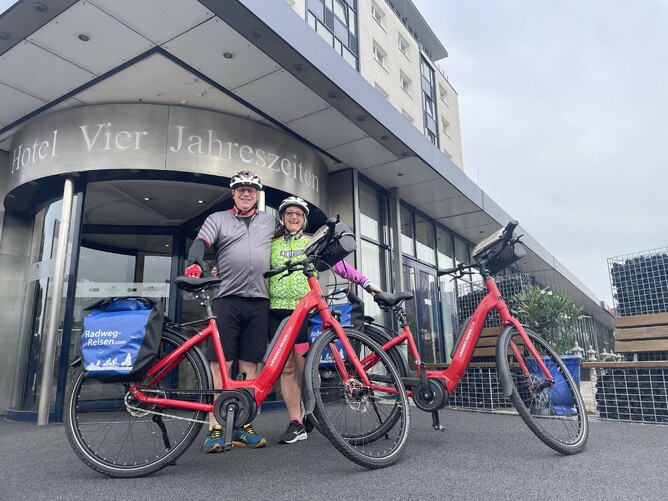I don’t know if it is because Peter and I each have significant birthdays coming up this year, but I feel like I am being bombarded with articles in different media saying ‘don’t retire’.
This is an interesting topic and we have talked with our clients about it for over a quarter of a century. While working provides you with an income (to save and invest so that you can retire), it also provides you with a big part of your identity and ‘value’. For many people working can also provide you with your community and contact with people.
However, there are definitely people who dislike their work, or for whom work is physically demanding, or incredibly stressful, and no matter how hard they try, it is very difficult to get work/life balance while they are working. Some examples include people who work in the medical world, having to be on call and continually ‘on’ to be their best professional selves, people who work in administration in large organisations where there are targets to meet, and a continual stream of complaints from the public to be dealt with, and of course occupations where there is a physical/manual requirement – anything from working in construction, to food preparation and service, to being a professional fly-fishing guide.
Many conversations that we have with our clients are about ‘having the financial freedom to make choices about how and where I work’. This could mean reducing the work and stress to 3 days a week from 65 – 70 (or longer) or changing occupation to one that is still stimulating but with less responsibility and stress. It could mean stopping paid work and being involved in volunteer and charitable work in your community, or nationally.
The best of all worlds of course, is to have work that you love doing, people that you love working with and a working environment that can adapt to having that work/life (or life/work) balance.
At Moneyworks, because of the extensive time and money that we have invested into our systems, processes and our in-house robot Millie, and because we use technology to assist with our administration, we are fortunate to have that work/life balance, and that love for our work and the people that we work with. Peter and I (Carey) also have role models with family members that have chosen to continue working well into their 80’s because of their love for their work.
But, we understand that this is not possible for everyone, so we have outlined some of the thinking in the articles that we have been ‘bombarded’ with recently.


